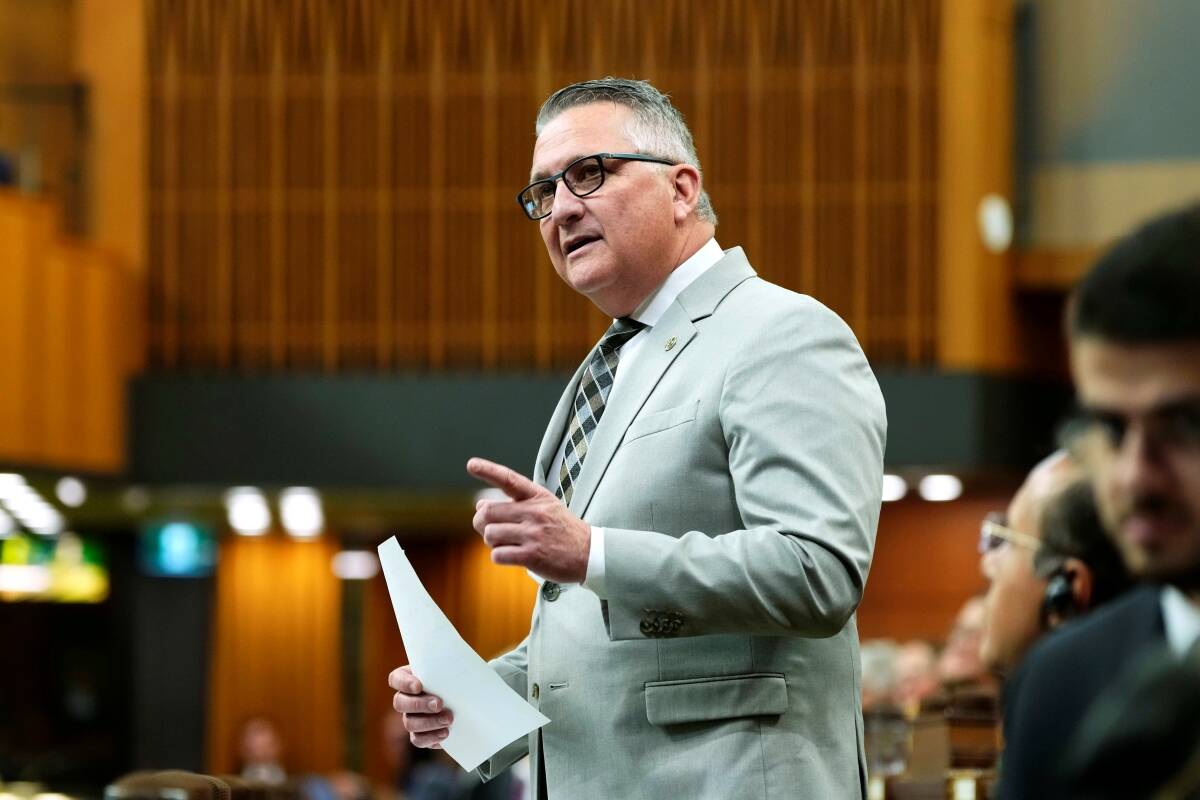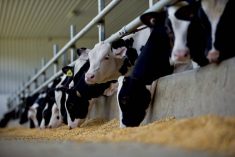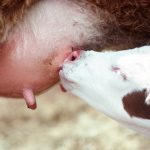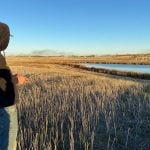The Government of Canada announced an increase to the maximum value for cattle under its animal compensation regulations. This compensation will reflect the current market value.
An amendment to The Compensation for Destroyed Animal and Things Regulations (CDATR) enables cattle producers who have been impacted by a reportable disease to be eligible to receive compensation. The new maximum amount for registered (purebred) cattle is up to $16,500 (up from $10,000 set in 2015). Compensation for non-registered cattle can now go to a maximum of $10,000 (up from $4,500 set in 2015).
Read Also

New opportunities for Canadian goods in Mexico
Agriculture minister’s trip to Mexico sees promotion of Canadian goods like beef and canola, with potential for more partnerships in the future
As part of the Canadian Food Inspection Agency (CFIA)’s mandate to safeguard food, animals and plants, the CFIA may order the depopulation of animals, or destruction of things affected by a disease to keep humans and other animals safe, and to keep export markets open. When depopulation and destruction happen, producers are eligible for compensation.
The CFIA conducted a market analysis that showed the market value of cattle has increased since 2015, which was the last time the maximum amounts were updated. Adjusting the maximum amounts will encourage early reporting of disease and cooperation in eradication efforts.
Actual compensation paid to an owner or producer is calculated based on the current market value of the animal. The maximum compensation represents the highest payment that the Minister of Agriculture and Agri-food can authorize.












